In the dynamic world of fitness and personal training, the question of whether a degree is necessary to embark on a career as a personal trainer often arises. With the industry’s rapid growth and the increasing focus on health and wellness, the path to becoming a personal trainer has become a subject of much interest and debate. This article delves into the educational requirements for personal trainers, exploring the role of formal degrees versus certifications, and provides guidance for aspiring fitness professionals.
The Role of Education in Personal Training
Education plays a pivotal role in the foundation of a successful personal training career. A deep understanding of human anatomy, physiology, nutrition, and exercise science is crucial for creating effective, safe, and personalized training programs for clients. However, the form that this education takes can vary widely and does not necessarily require a traditional four-year degree.
Degree in Exercise Science or Related Field
A degree in exercise science, kinesiology, physical education, or a related field can provide a comprehensive understanding of the principles underlying physical fitness and health. Such programs often cover a broad spectrum of topics, including biomechanics, sports psychology, and nutrition. Graduates with these degrees might find themselves better prepared for certain aspects of personal training, potentially giving them an edge in highly competitive markets or specialized areas of fitness.
Pros:
- Comprehensive understanding of exercise science.
- Greater competitive edge in the job market.
- Opportunities for higher-level positions or further specialization.
Cons:
- Time and financial investment of a four-year degree.
- Not always required for entry-level positions in personal training.

Certifications for Personal Training
For many aspiring personal trainers, certifications from reputable organizations are the most direct and accessible path into the profession. Certifications typically require passing an exam that covers essential aspects of personal training, including anatomy, exercise physiology, program design, and client assessments. Many also require CPR and AED certification, ensuring that trainers are prepared to handle emergencies.
Pros:
- Less time-consuming and financially burdensome than a degree.
- Specific to personal training.
- Widely recognized and respected by employers and clients.
Cons:
- Less comprehensive than a degree.
- May require regular renewal and continuing education.
The Importance of Continuing Education
Regardless of whether you choose to pursue a degree or obtain a certification, the field of personal training is constantly evolving. New research findings, training methodologies, and health and wellness trends require personal trainers to engage in lifelong learning. Continuing education courses, workshops, and additional certifications can help trainers stay current, specialize further, and enhance their skills over time.
Making the Right Choice for You
The decision to pursue a degree or certification should be based on your career goals, financial situation, and the time you can dedicate to education. For those looking to quickly enter the field, certification might be the best path. Those aspiring to roles with a deeper scientific foundation, or positions within certain institutions or specialized fields, may find a degree more beneficial.
Conclusion
In conclusion, navigating the educational landscape to become a personal trainer presents multiple pathways, each with its own set of benefits and considerations. While the direct answer to whether you need a degree to embark on a career as a personal trainer is no, it’s clear that possessing a degree in a related field can offer substantial advantages. The fitness industry values both practical skills and theoretical knowledge, and the choice between pursuing a formal degree or obtaining a certification depends largely on individual career aspirations, resources, and the specific demands of the fitness market you wish to enter.
Degrees in exercise science, kinesiology, or related fields provide a broad, in-depth understanding of the human body, movement science, and nutrition. This comprehensive educational background can open doors to specialized areas of fitness, positions within corporate wellness programs, or roles that require a deeper understanding of physical rehabilitation. It can also enhance your credibility and effectiveness as a trainer, offering clients confidence in your ability to guide them safely and effectively towards their health and fitness goals.
However, the fitness industry is also unique in that it places a high value on certifications and practical experience. Many successful personal trainers have launched their careers with certifications from reputable organizations, demonstrating their competence through these qualifications and their ability to deliver results for their clients. Certifications are specifically tailored to the practical aspects of personal training, making them a highly focused and efficient way to enter the profession. They also require a commitment to continuing education, ensuring that trainers remain knowledgeable about the latest research and trends in fitness.
Ultimately, the decision to pursue a degree or certification should be guided by personal goals, financial considerations, and the type of training environment you envision for your career. Regardless of the path chosen, the key to success lies in a commitment to lifelong learning and professional development. The most successful personal trainers are those who continuously seek to expand their knowledge and skills, whether through additional certifications, workshops, or further academic study.
The fitness industry offers a dynamic and rewarding career path for those passionate about health and wellness. While a degree is not a prerequisite for success, it can provide a strong foundation and potentially open up a wider range of opportunities. However, with dedication, ongoing education, and a commitment to excellence, both degree-holders and certified trainers can achieve remarkable success in guiding their clients toward achieving their health and fitness goals. The most important aspect is to remain adaptable, informed, and always focused on providing the highest quality of service to your clients.




